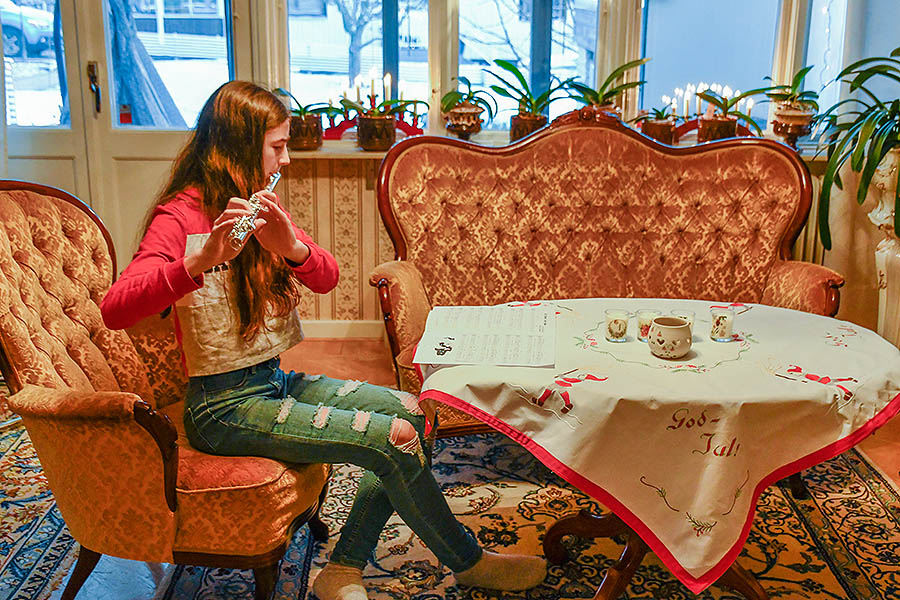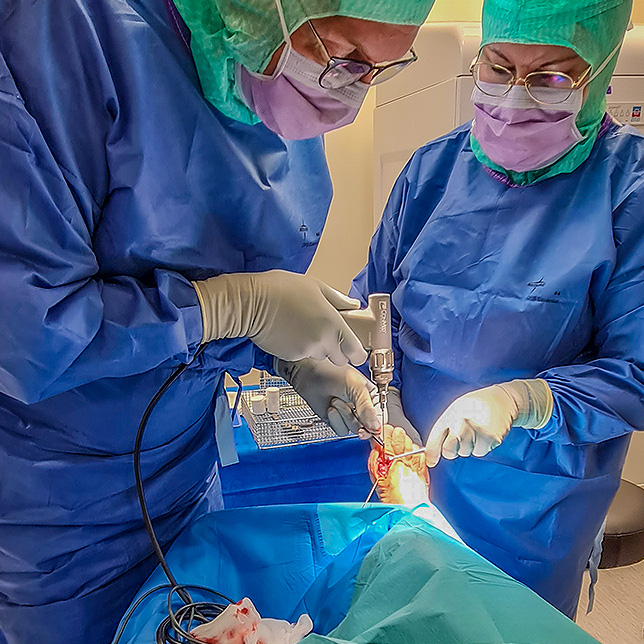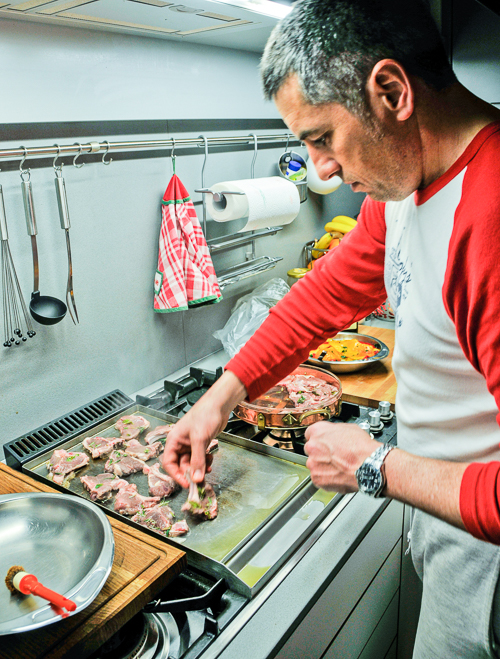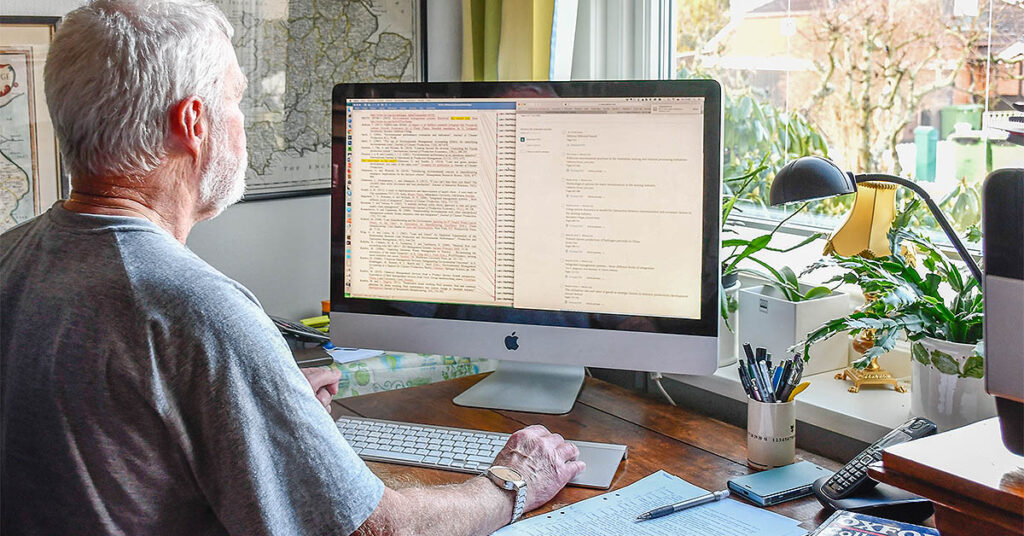Should you write practice or practise?
PRACTICE
In British and American English, practice is a noun with the following meanings:
1. custom, method, tradition, habit
–Practice is the process of doing something as opposed to theory
2. exercise, work-out
–Practice is the repeated exercise to acquire a skill
3. profession, work, career, occupation
–I was looking for a text-book on the practice of medicine
4. business, company, office, firm
–She works in a small legal practice
5. use, operation, application
–The nurse encouraged the practice of safe sex
In American English, practice is also a verb, corresponding to practise in British English.
PRACTISE
In British English, practise is a verb related to the nouns presented above.
Consequently, it can mean repeat, rehearse; do, work out; apply, carry out, perform; specialise in, work at.
As you see, American English has only the spelling practice for both the noun and the verb.
In British English, you can write To practise every day is good practice

Read more about the endings -ice and -ise here.









Recent Comments